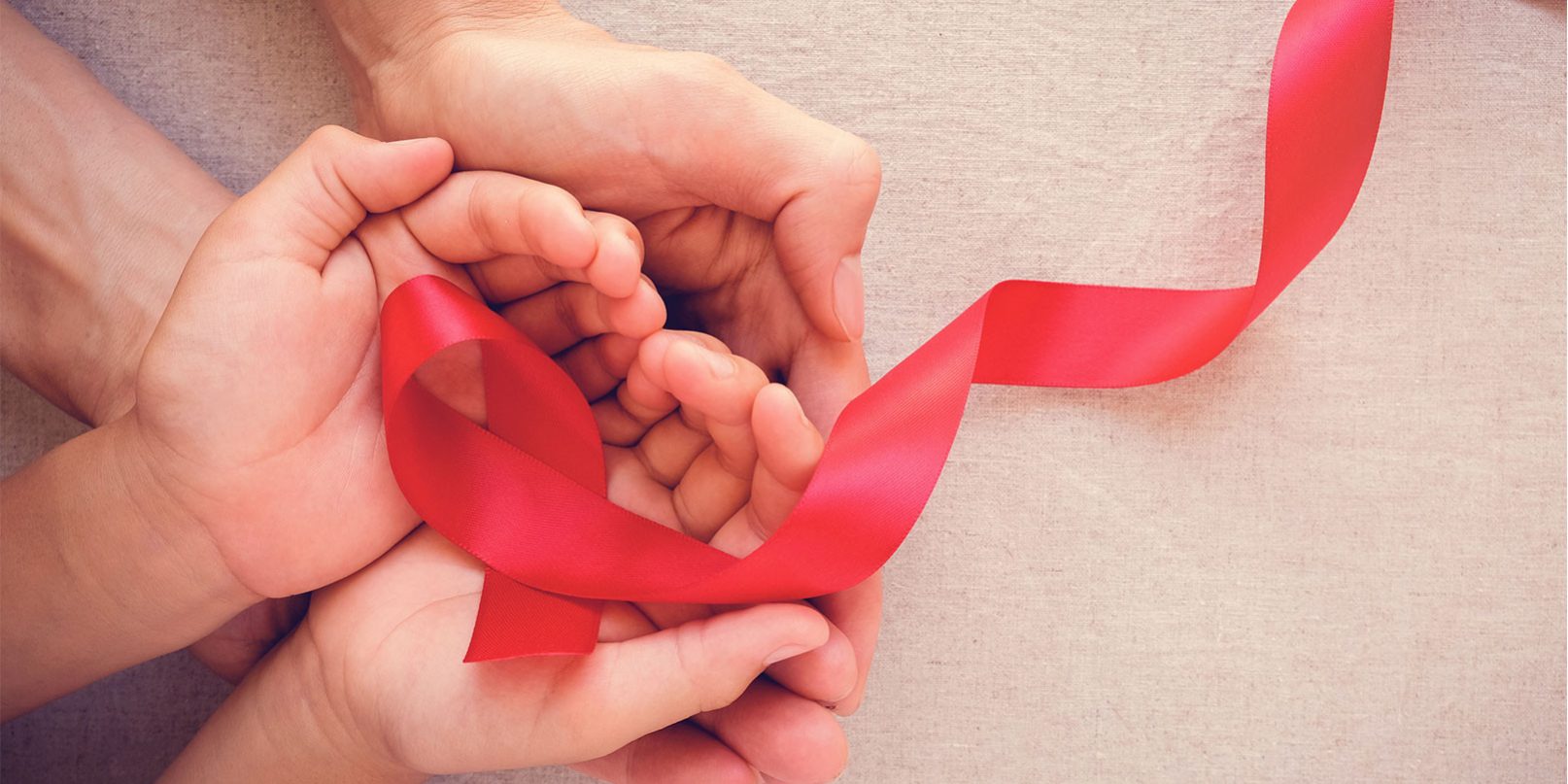Did you know that Leukemia is the 10th most common cancer in the United States?
While most people often associate leukemia with childhood diseases, leukemia can affect anyone and is more common in those over 65 years of age.
Along with this, many people don’t really understand what leukemia is. That’s why we’re here today to give you a condition breakdown on leukemia.
What is Leukemia?
Leukemia is a cancer of the white blood cells that develops in the bone marrow and spreads to the blood and other organs.

There are different types of leukemia that are grouped in two different ways: How rapidly the leukemia develops (acute vs. chronic leukemia) and by the blood cells involved (lymphocytic and myeloid leukemia being the most common).
Because leukemia affects the blood and other organs, it is a serious condition that can quickly become fatal if not diagnosed as soon as possible.
What are some symptoms of Leukemia?
Symptoms of leukemia include but are not limited to:

- Fevers, chills, and other flu-like symptoms,
- Weakness and fatigue,
- Loss of appetite,
- Weight Loss,
- Easy bleeding and bruising, and
- Bone or joint pain
These symptoms can also be related to less serious conditions and visiting with your primary health care provider for a diagnosis is the only sure way to know.
How is leukemia diagnosed?
There are several ways to diagnose leukemia, but a few common methods are:

- A complete medical history analysis,
- A physical exam,
- Blood tests,
- A bone marrow biopsy, and
- imaging tests such as x-rays, MRIs, and bone scans
How is leukemia treated?
The most common treatment for leukemia is chemotherapy, although it may also be used in combination with:

- Bone marrow transplants,
- Radiation therapy,
- Immunotherapy, or
- The surgical removal of the spleen
Treatments are based on multiple factors included but are not limited to the patients age, type of leukemia, white blood cell count, and genetics of the cancer.
How can you prevent leukemia?
Currently, there is no sure way to prevent leukemia, but the most avoidable risk factor is smoking

Along with this, avoiding certain chemicals linked with leukemia, such as benzene, is another great way to lower your risk factor.
If you are concerned about leukemia, you should discuss your concerns with your primary health care provider.
If you’d like to schedule an appointment, you can call us at (718) 828-6610 or schedule one on our website parkchestermedical.org!






